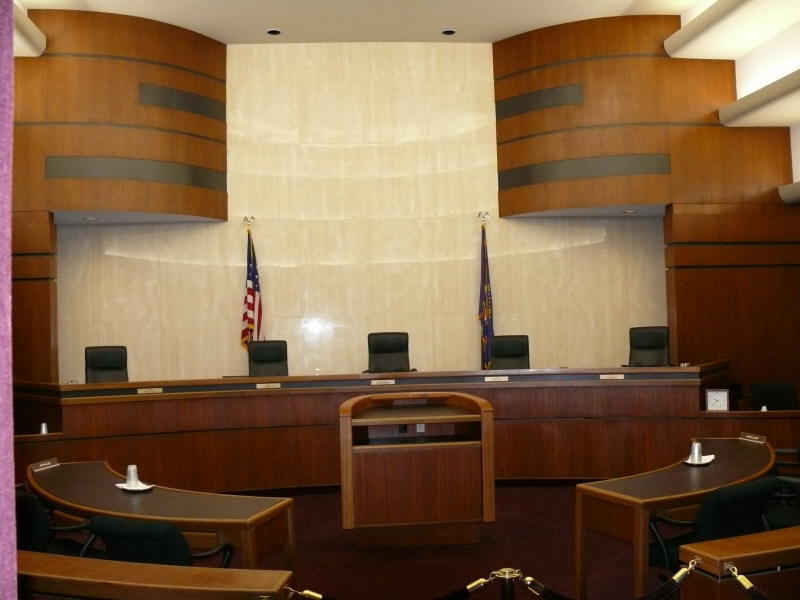A Kentucky judge has thrown out the nation’s first lawsuit against Common Core, saying the plaintiff had no standing to bring the suit and did not demonstrate a “unique, personal injury.”
David Adams—father of two public school students in Kentucky’s Jessamine County—filed the first national lawsuit against Common Core in November, alleging its development was ill-planned and its implementation has not allowed for public input.
“The mismanagement and political influence brought to bear by the Common Core implementation is just outrageous. It’s technically a violation of our constitution, and our general assembly has the duty to fight against this,” said Adams, president of Kentucky Citizens Judicial, an organization that promotes individual liberty.
Pass First, Read Later
The lawsuit named defendants Gov. Steven Beshear, Sen. President Robert Stivers, Kentucky Board of Education President Roger L. Marcum, Council on Postsecondary Education President Robert L. King, and chief academic officer of the Lawrence County Board of Education Cassandra Webb for having accepted the standards before they were finalized.
The suit says by “failing to intervene when Defendants obligated Kentuckians to unspecified mandates, duties, responsibilities and costs related to Common Core, the General Assembly violated Section 183” of the state constitution.
“This initiative is one that came from the National Governors Association and the Chief State School officers,” Marcum said. ” [Adams’s] argument is a legal one, that we didn’t follow the proper process for that. I don’t believe that to be the facts.”
The Kentucky Council on Postsecondary Education and Kentucky Education Professional Standards Board adopted the national standards on Feb. 10, 2010, making the Bluegrass State the first in the nation to adopt Common Core. On June 2, 2010, Common Core’s testing and curriculum mandates for mathematics and English language arts were released in their final form.
Angling for Federal Money
Kentucky lawmakers hoped to win money from the federal government’s three-part Race to the Top grants, and one of four major criteria for the grants was adopting common standards and tests. Of RTT’s $4.35 billion, Kentucky received no federal money in the first two phases and got a minimal $17 million in phase three.
“[Common Core] was all about money in Kentucky. We’re a poor state to begin with, and the recession that began in 2008 hit us as hard as everywhere else, and federal money became less available,” said Dick Innes, an education analyst at the Bluegrass Institute.
As in other states, Kentucky must overhaul its education system because of Common Core, Innes said, with no new federal funds to cover those costs.
Adams hopes citizens in other states will consider whether their legal framework allows complaints against Common Core.
“I’m a taxpayer. I’m a parent. In Kentucky there is a very long track record of granting taxpayers standing where a taxpayer has a complaint with regard to expenditure of public funds,” said Adams.
Image by Clyde Robinson.




